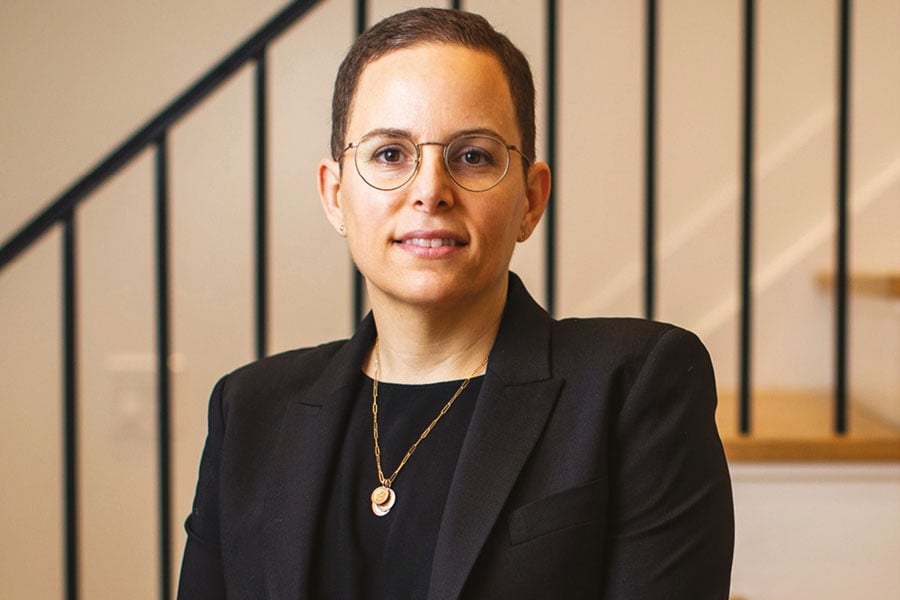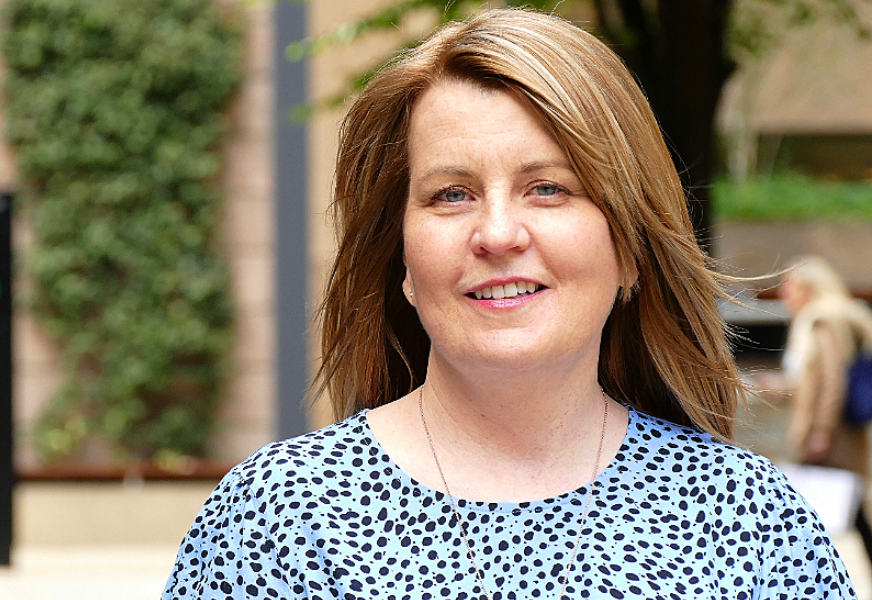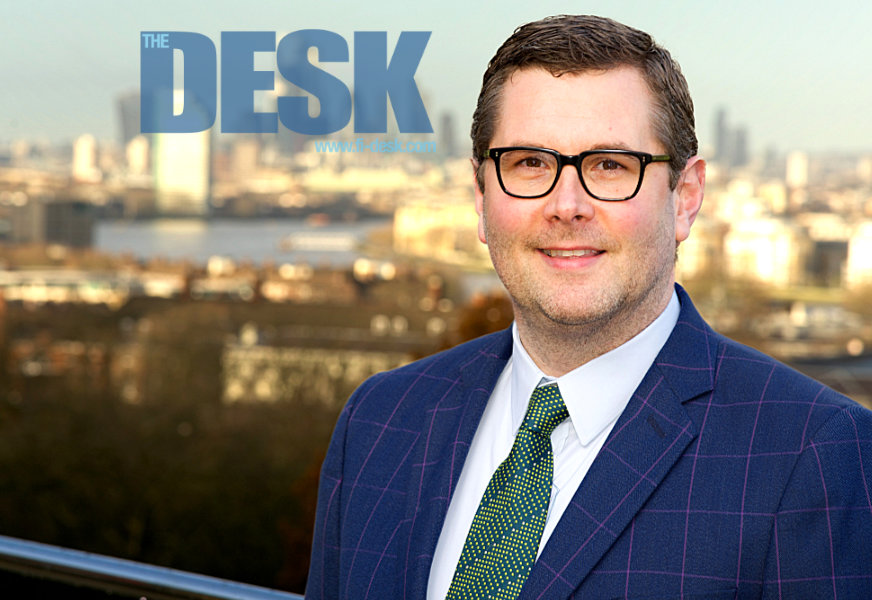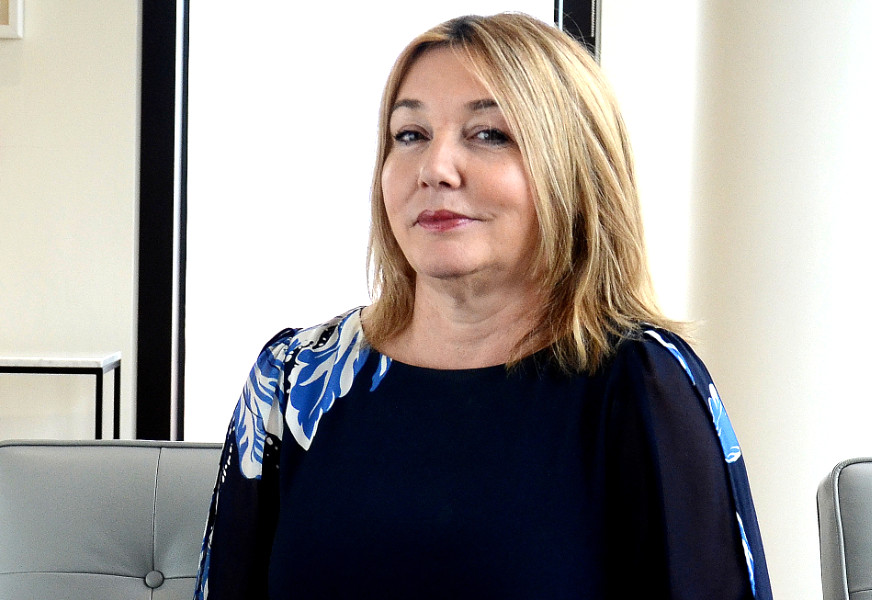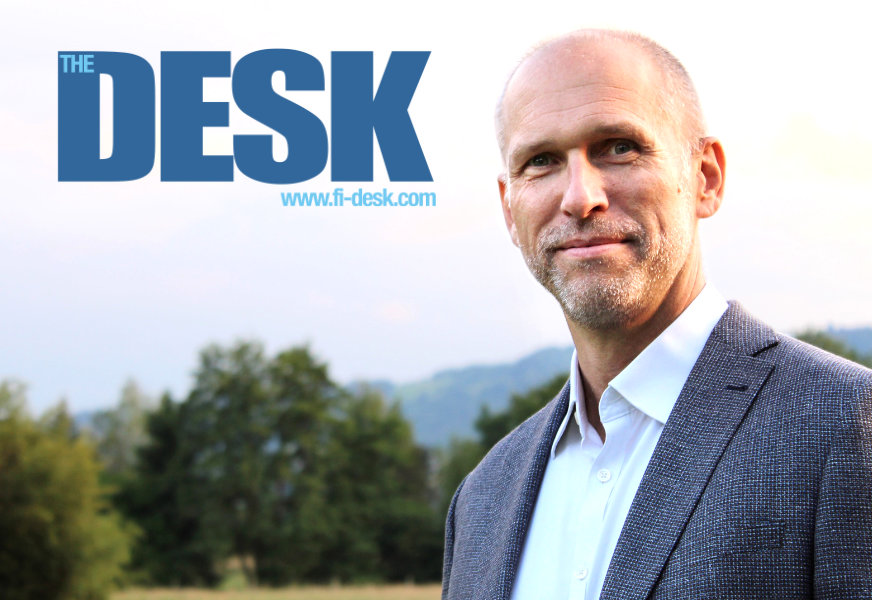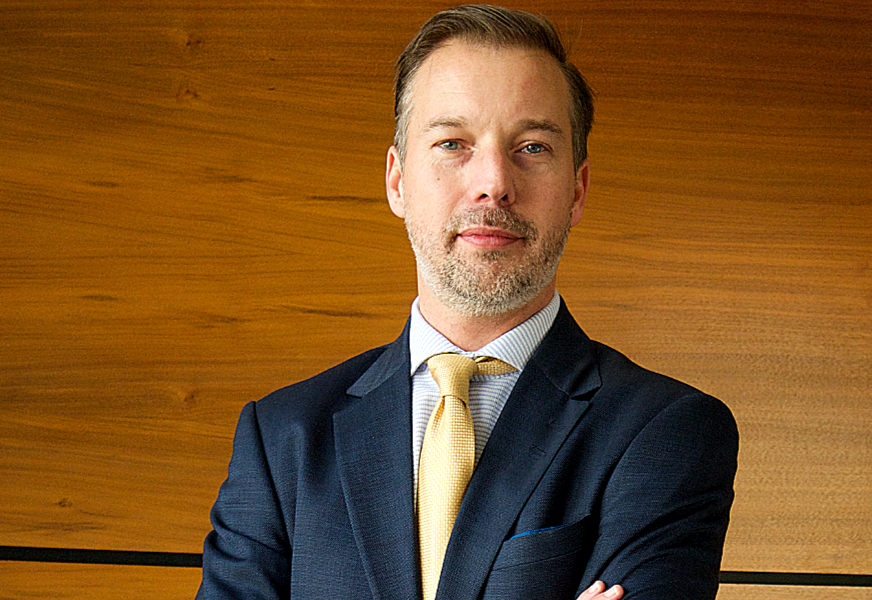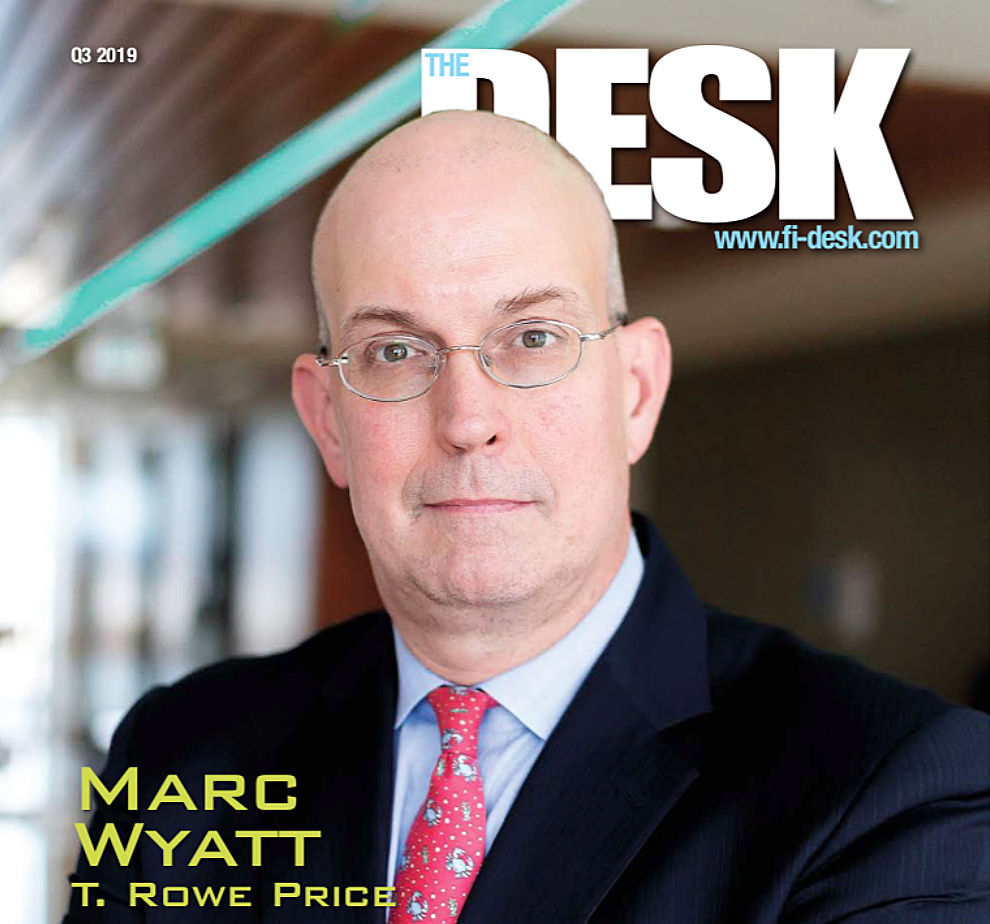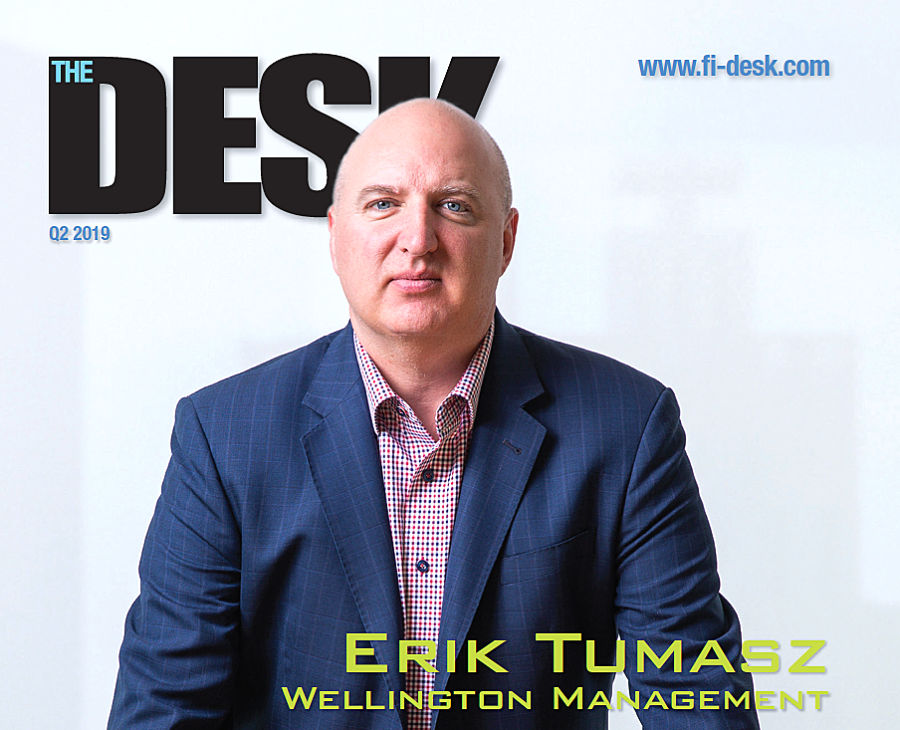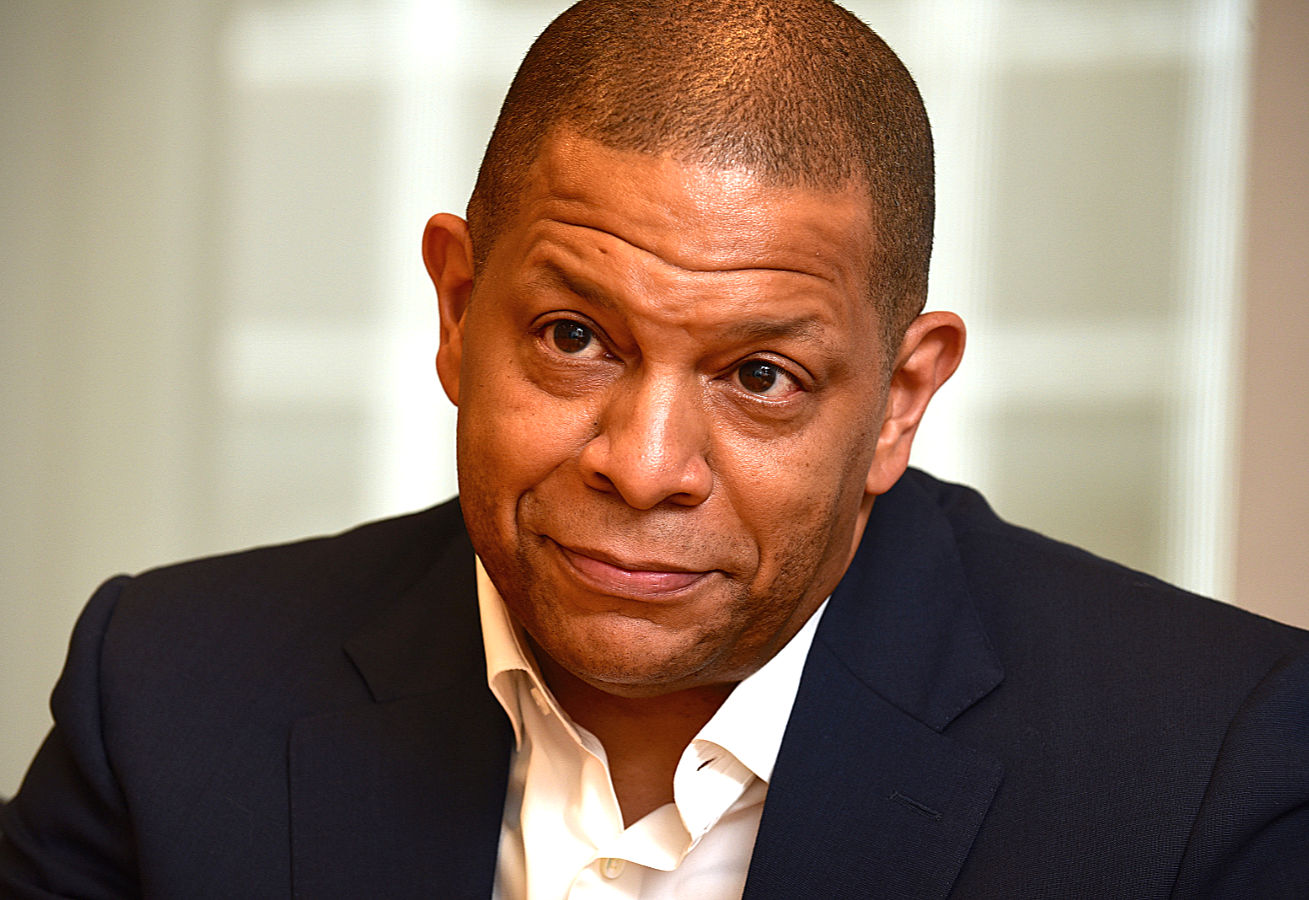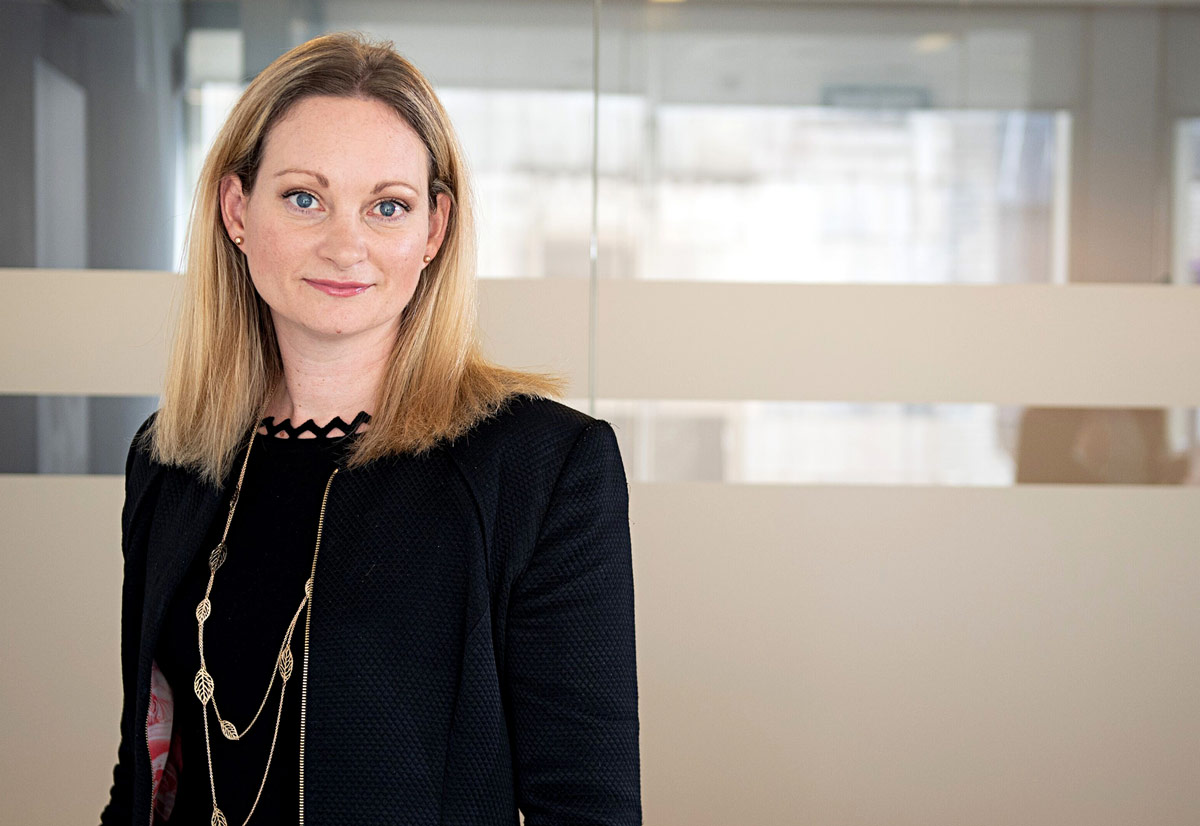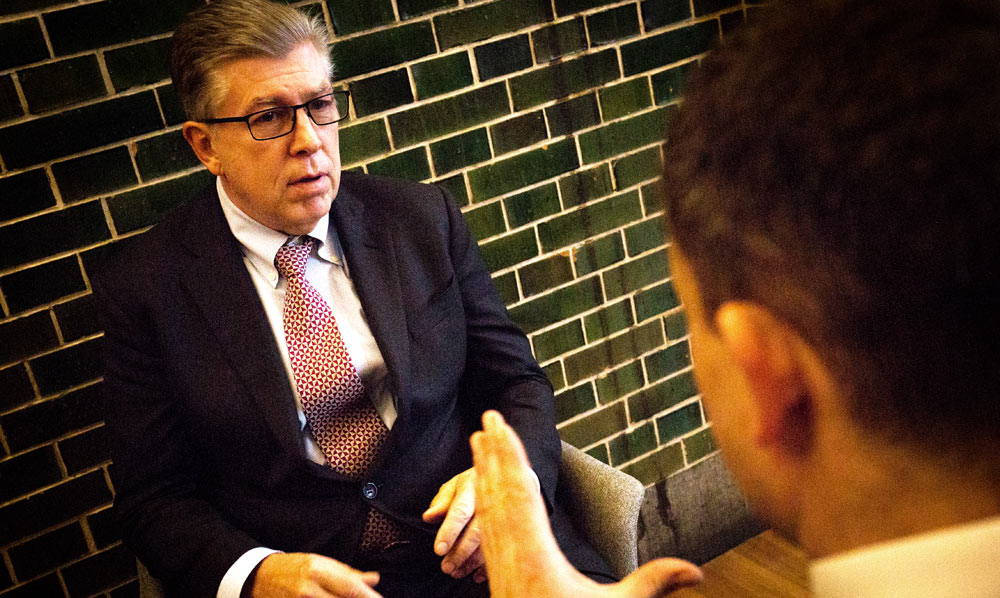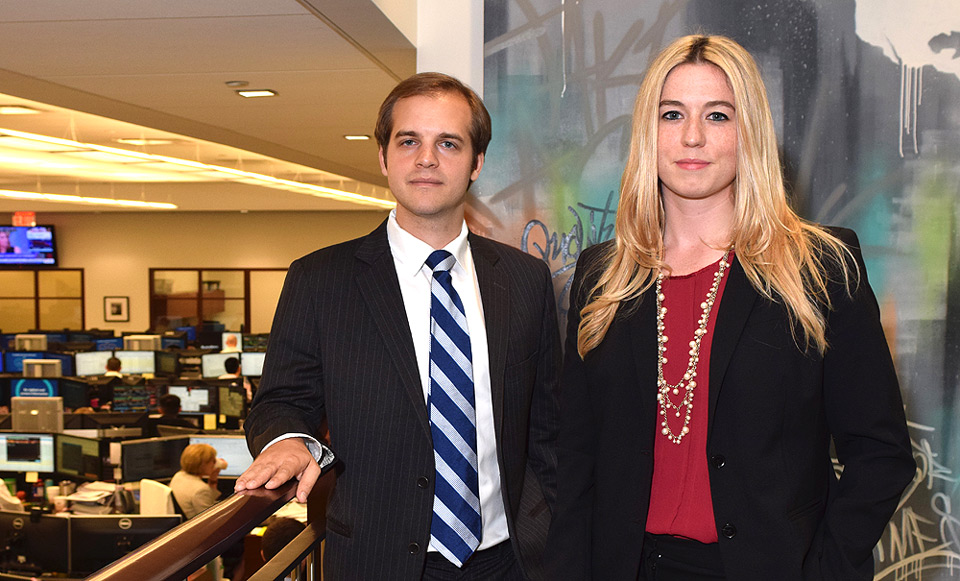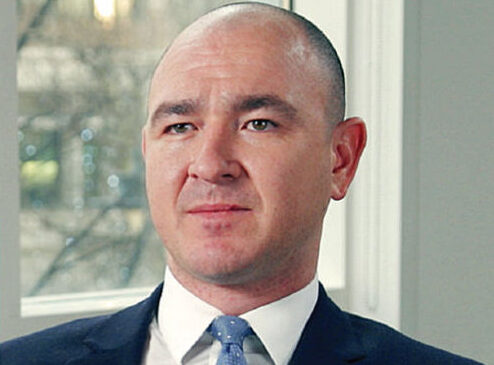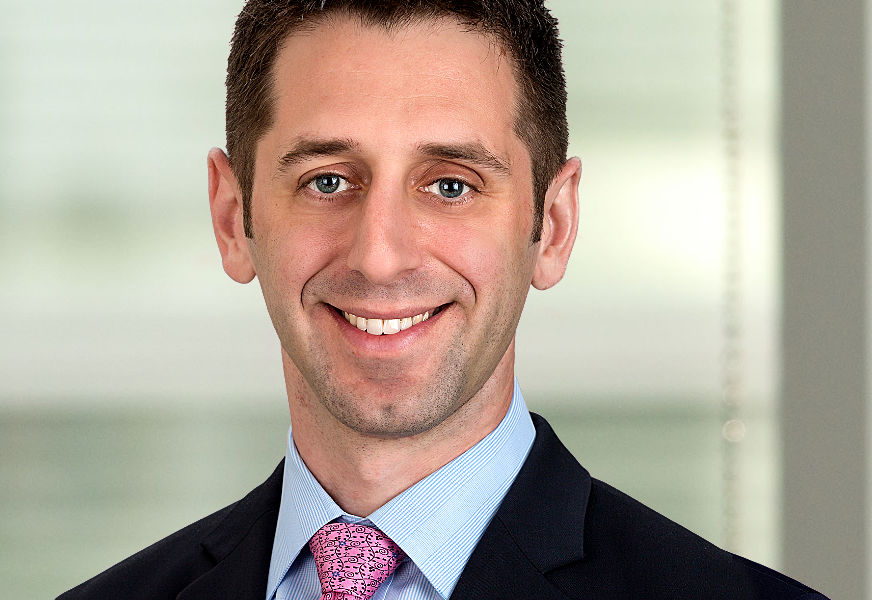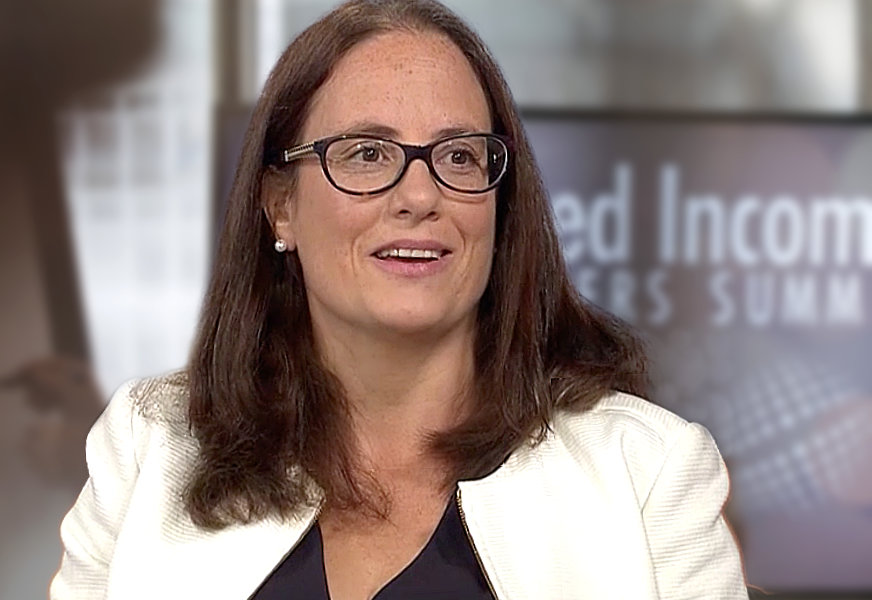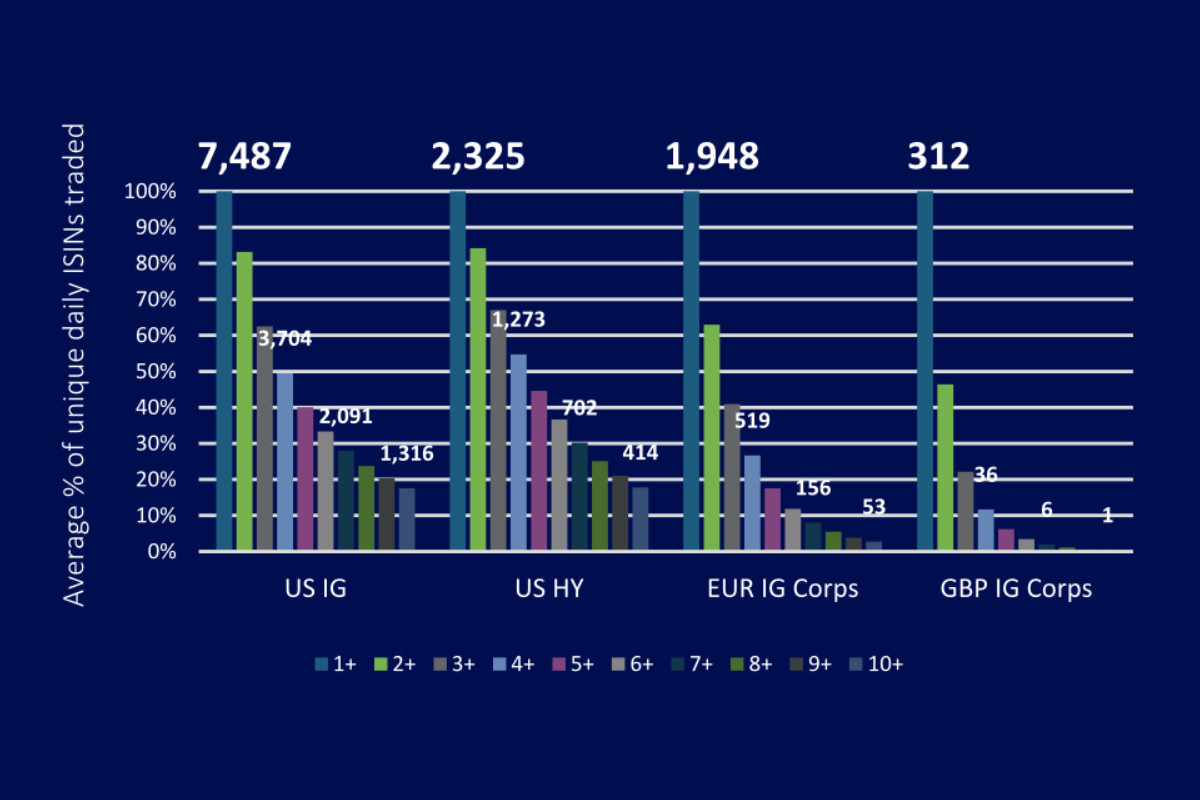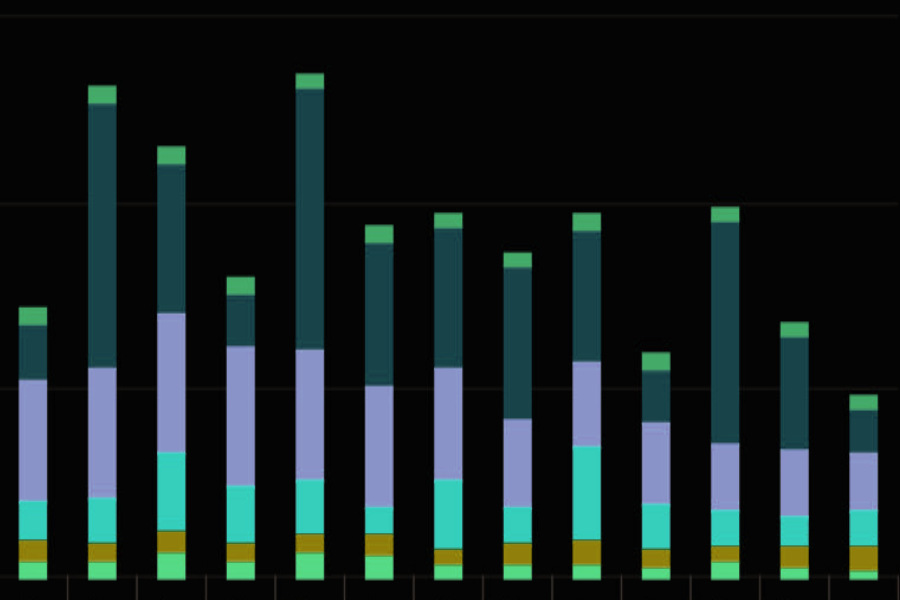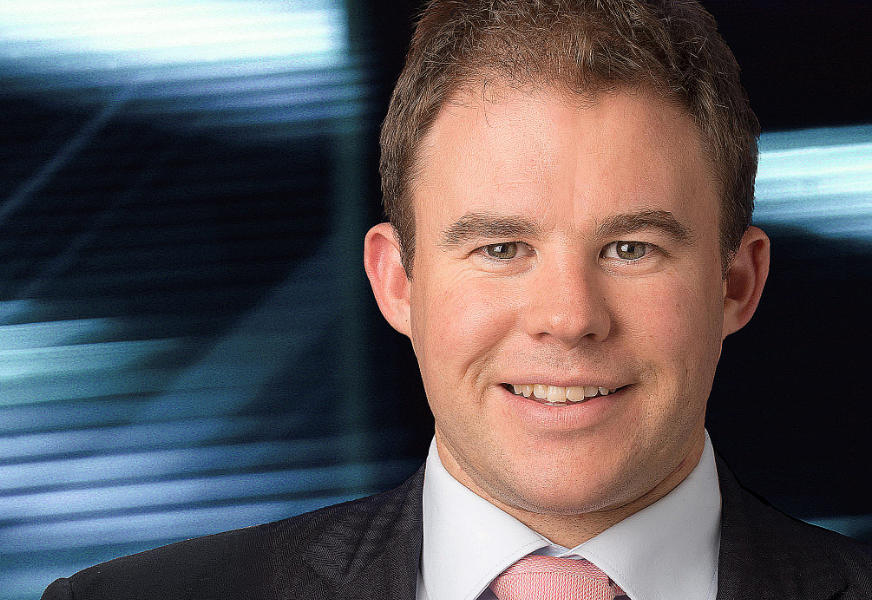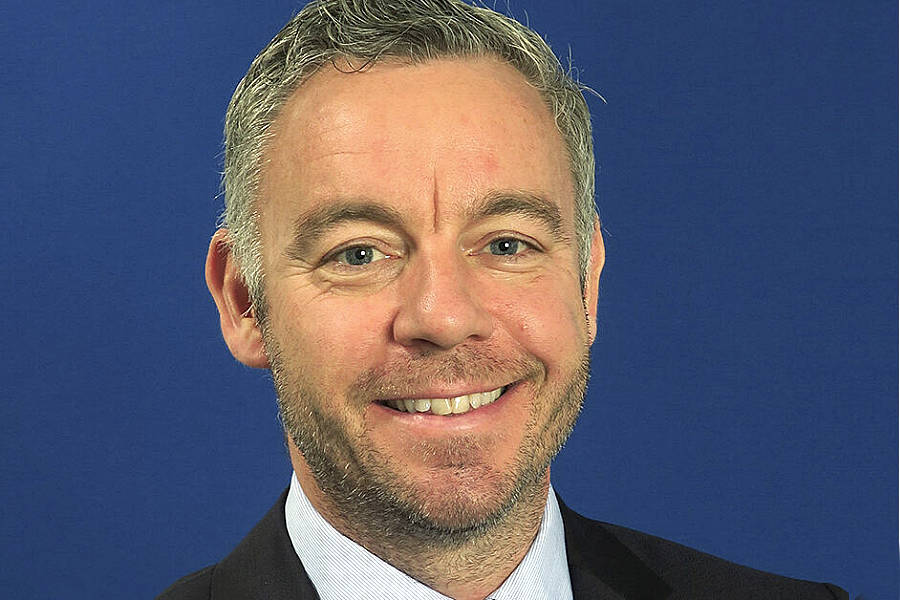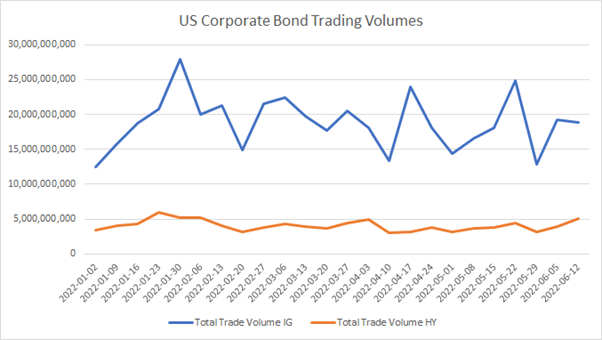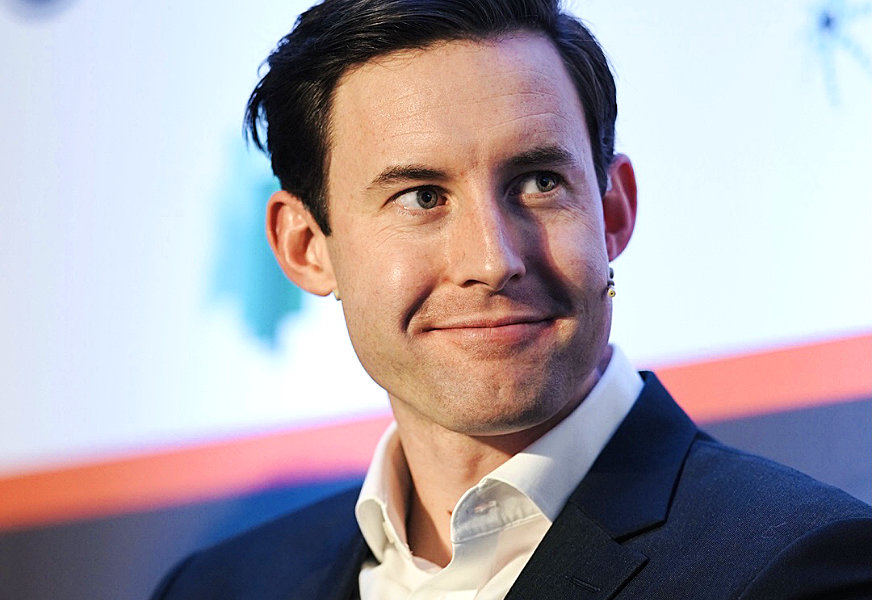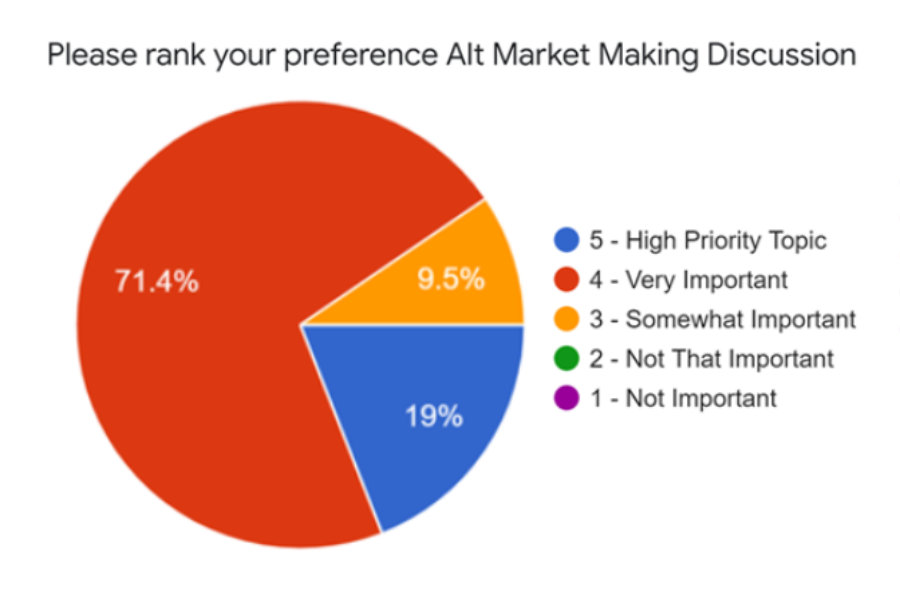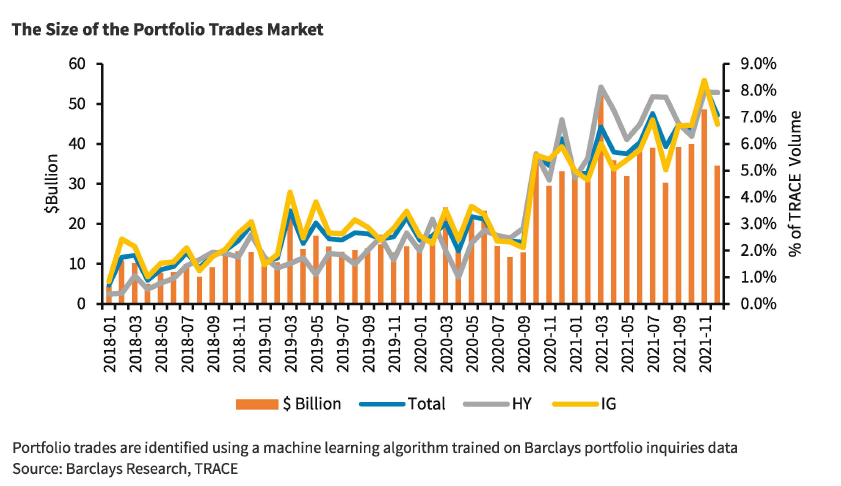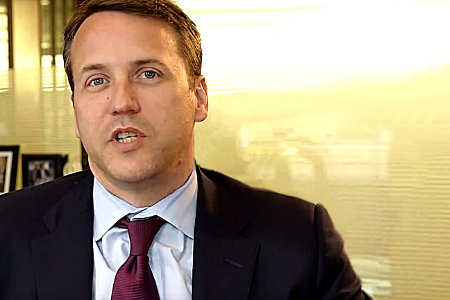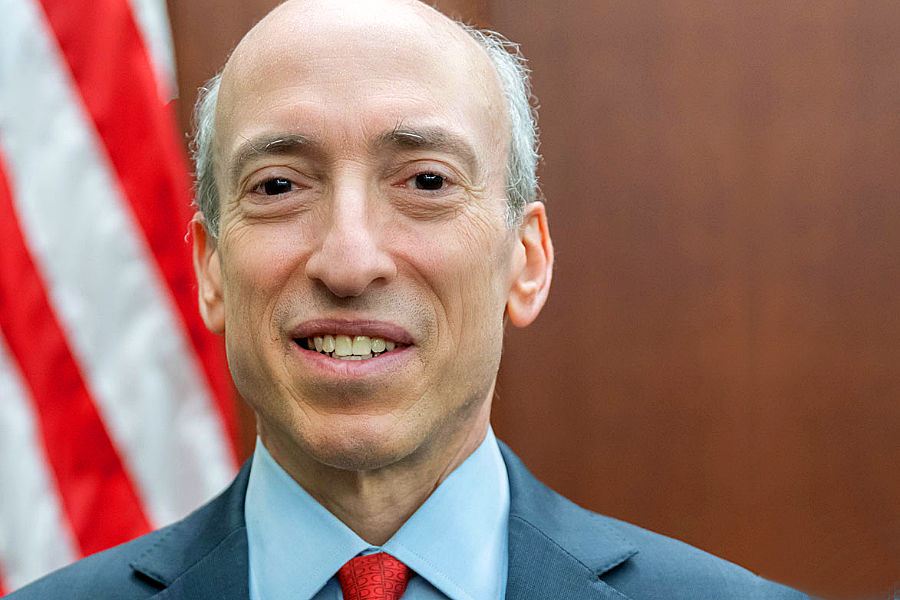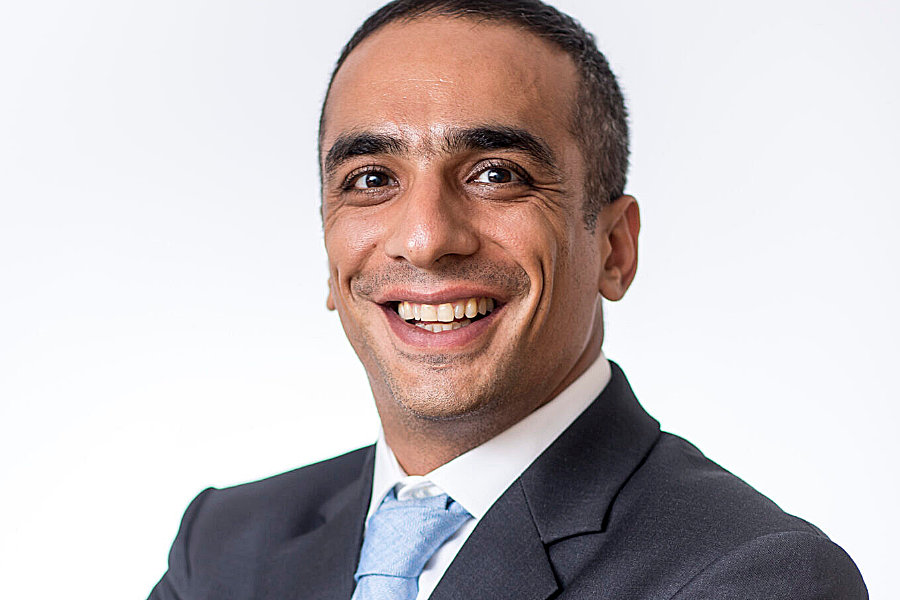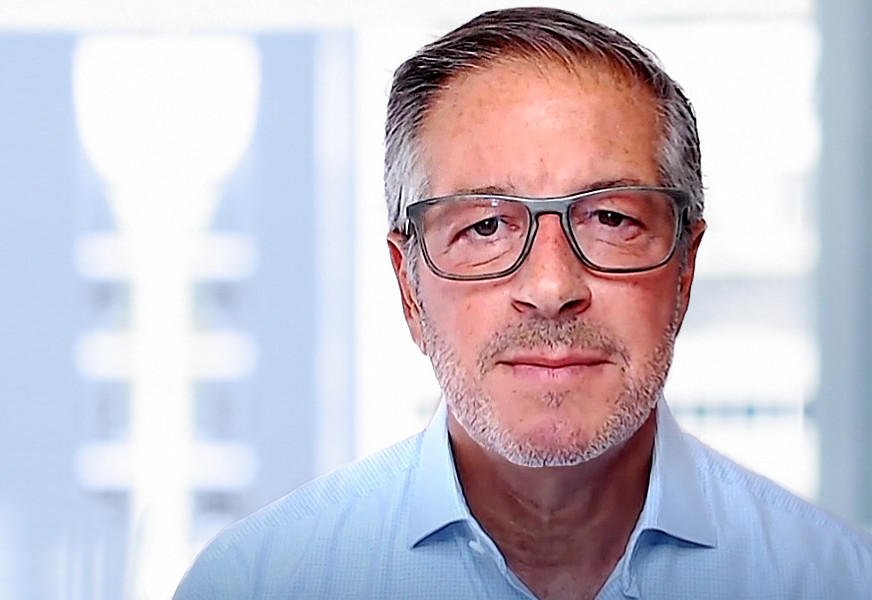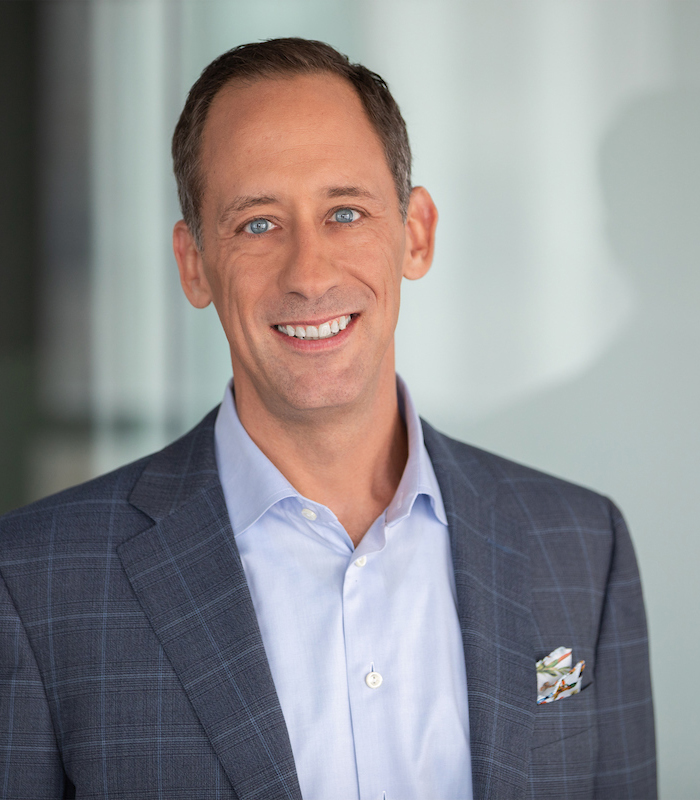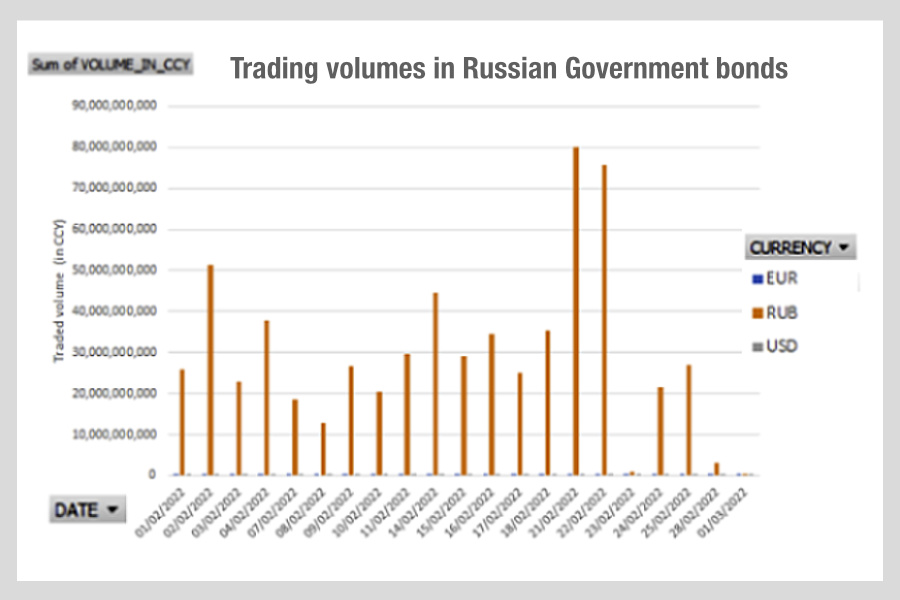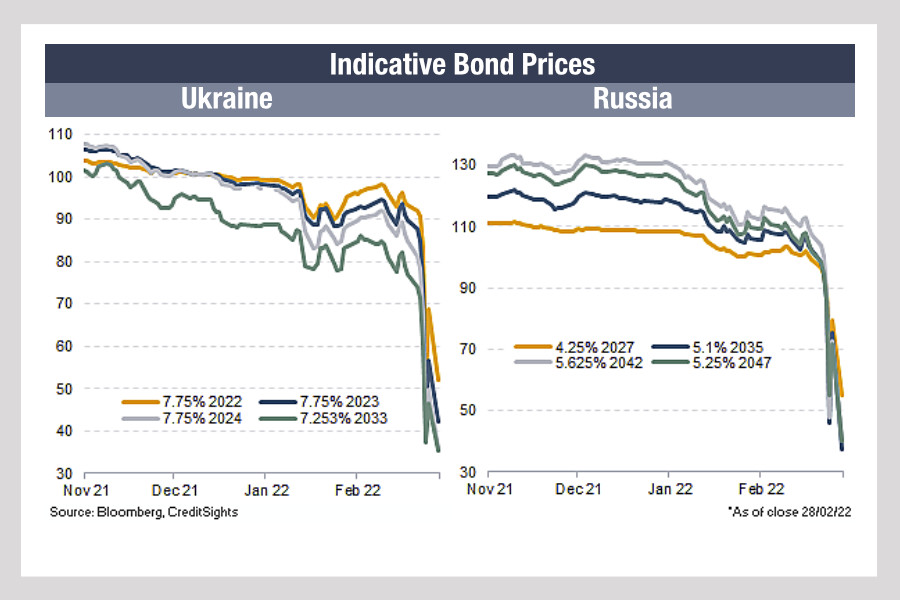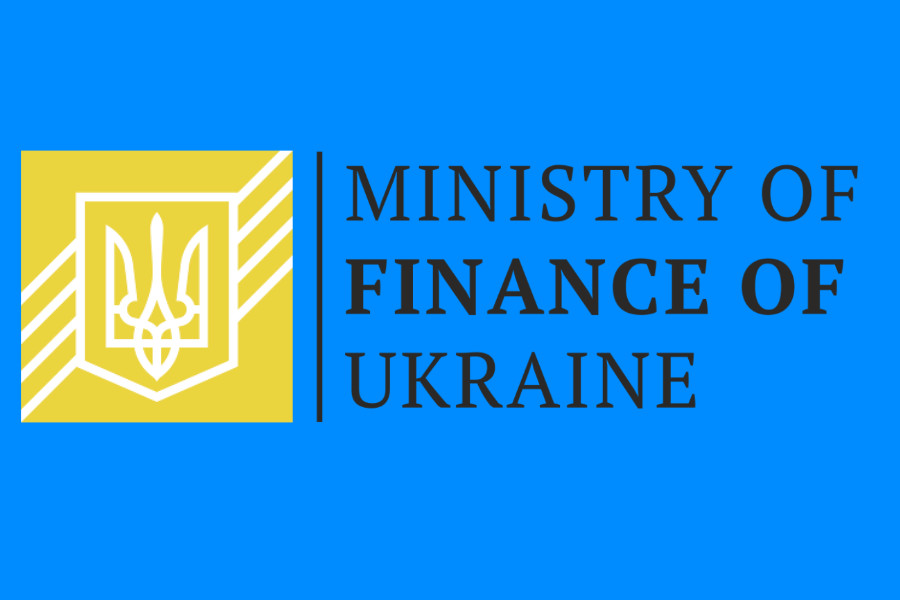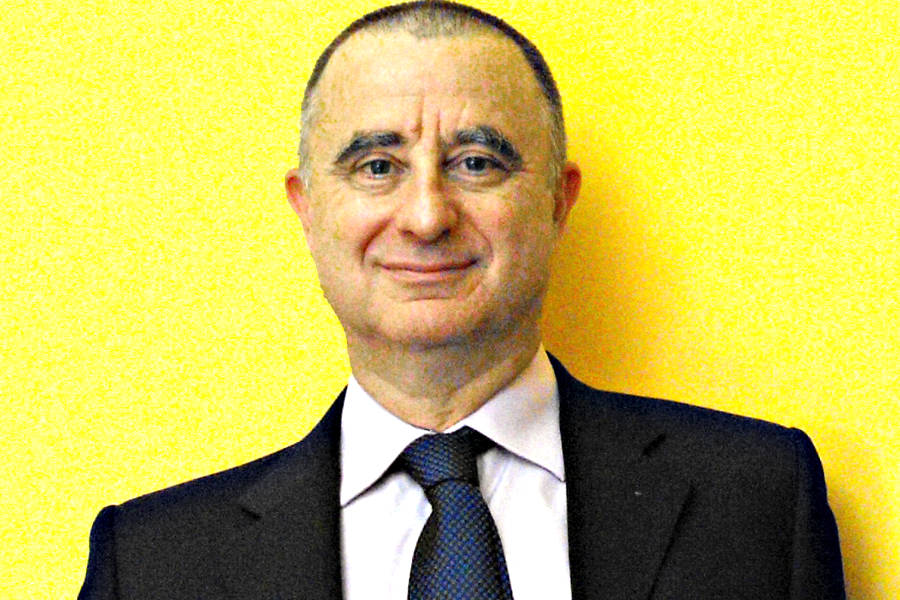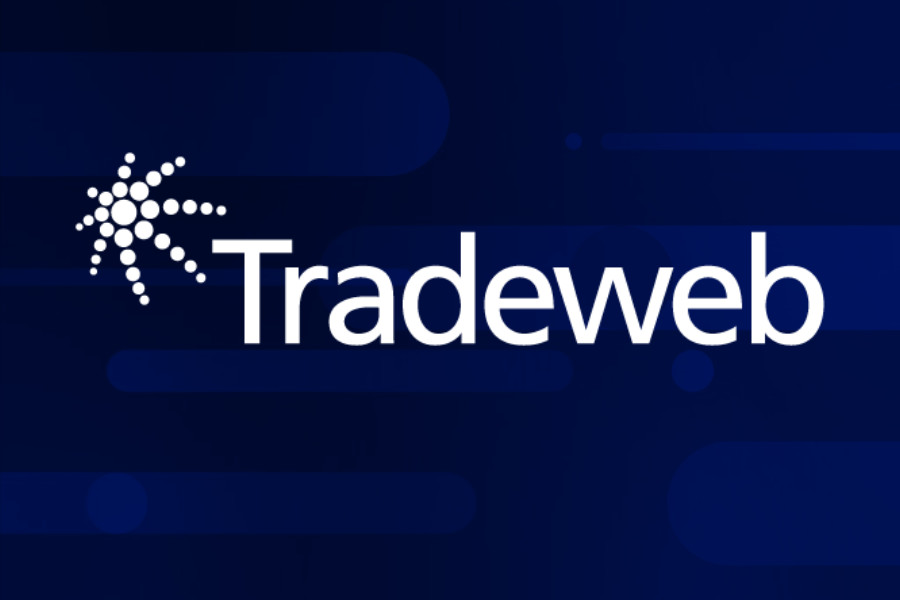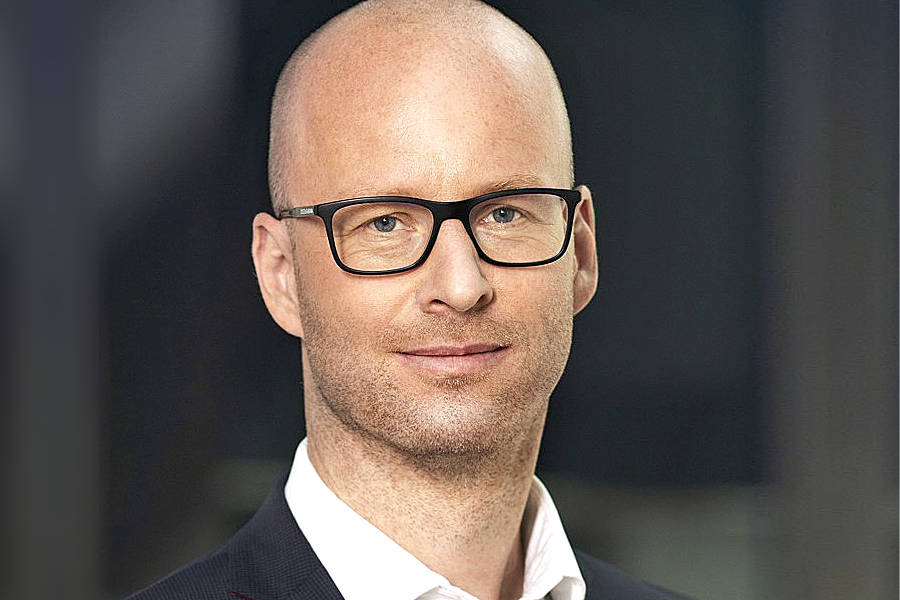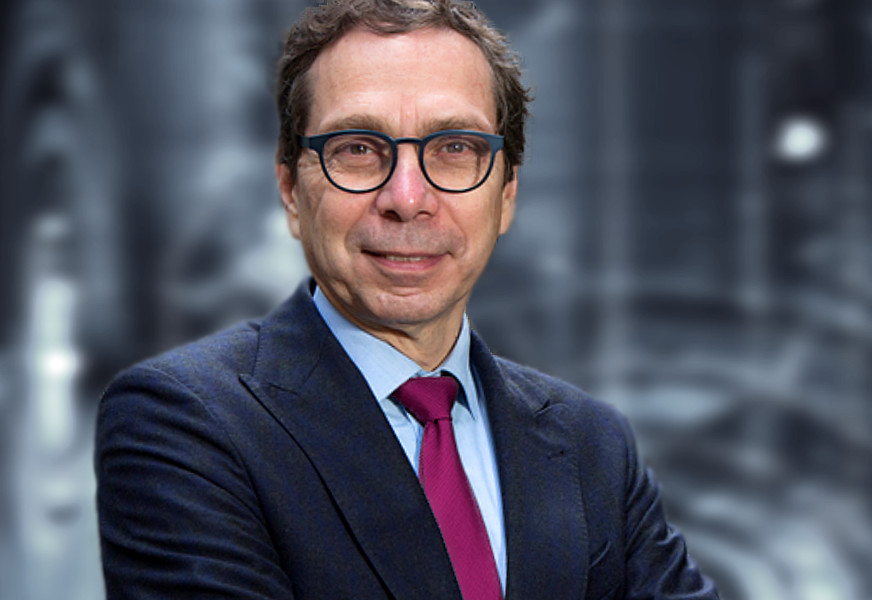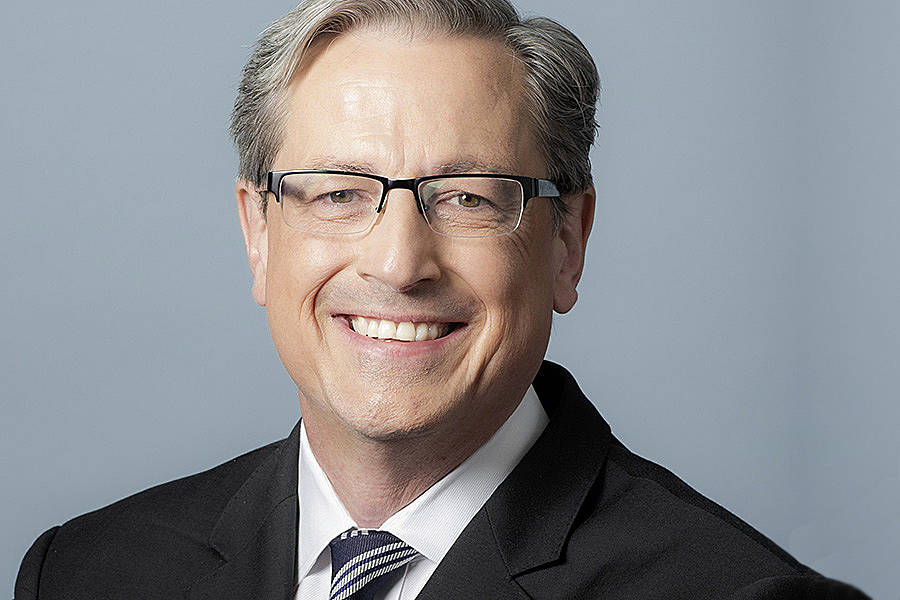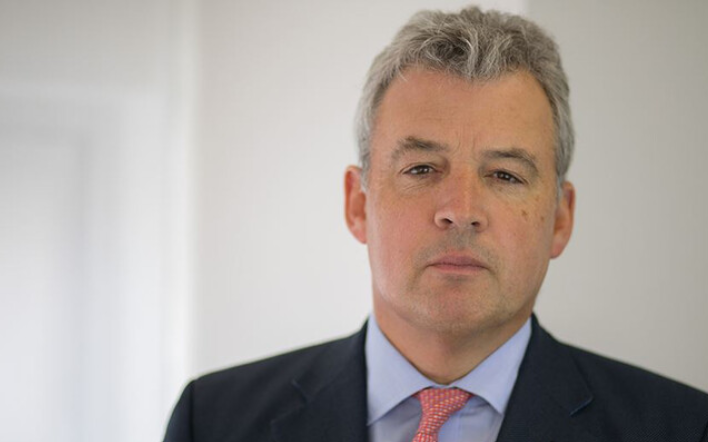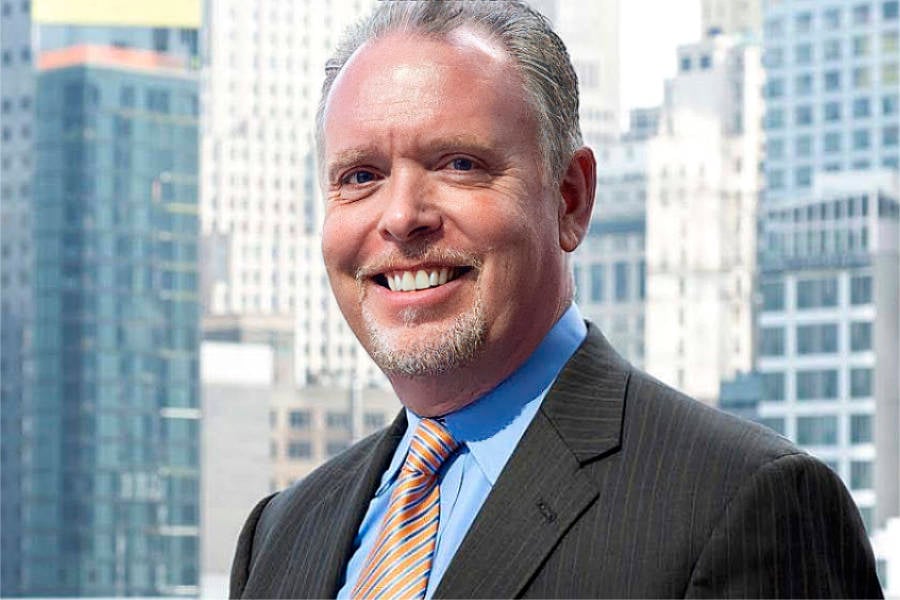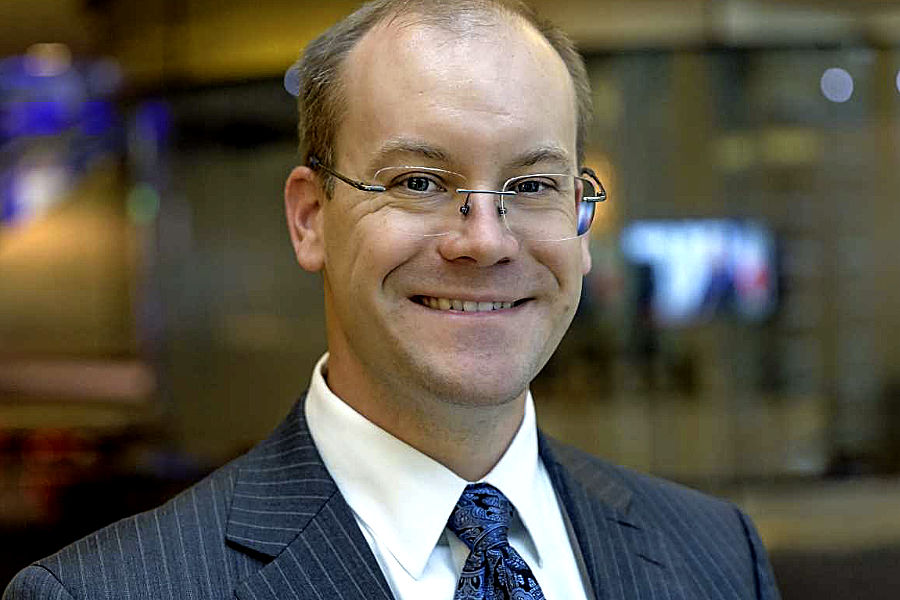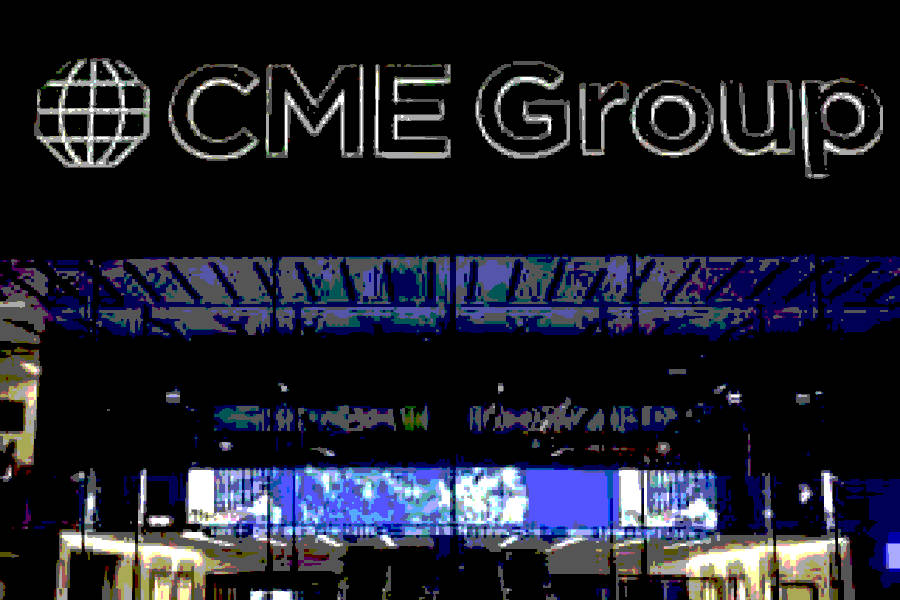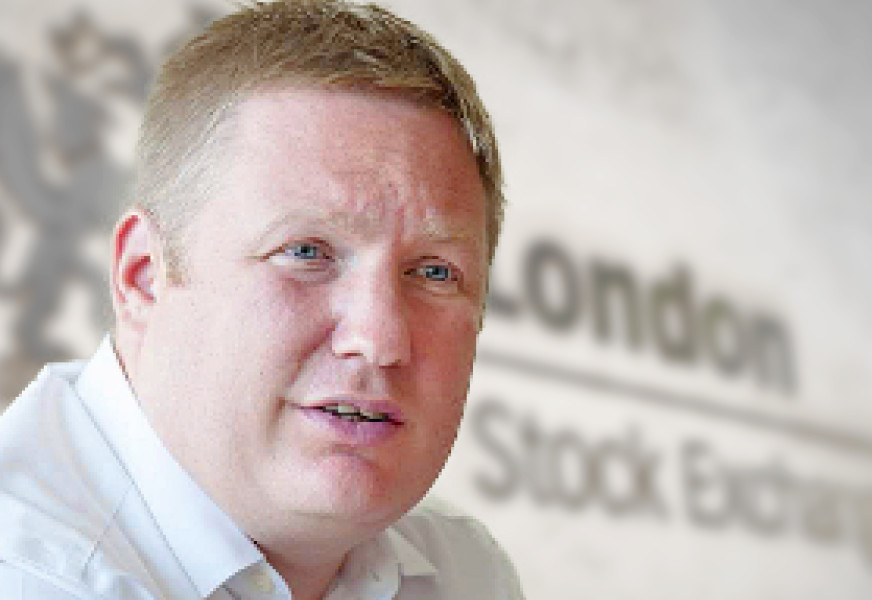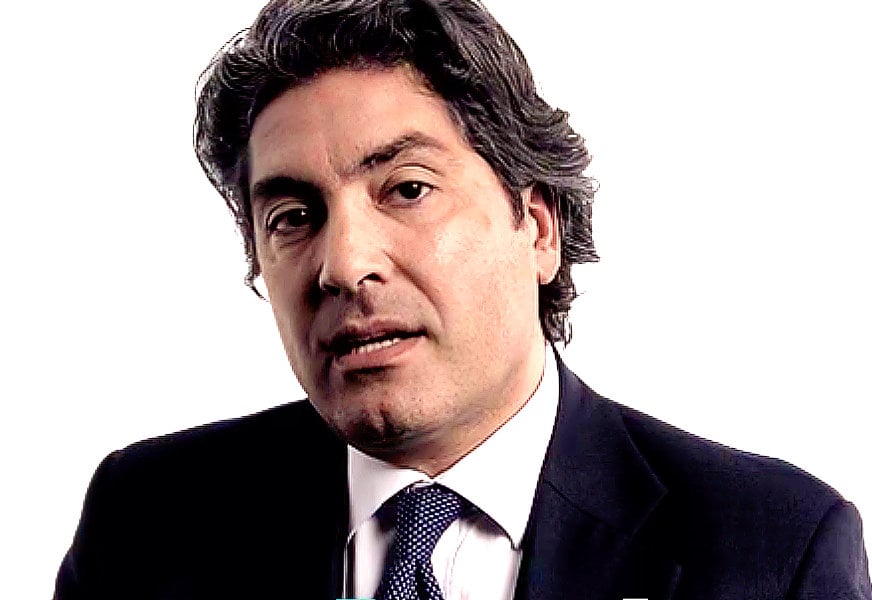 Billy Hult, president, Tradeweb
Billy Hult, president, Tradeweb
Who are the big beasts of the bond markets today? The red ink on banks’ recent quarterly earnings reports writes the latest chapter in the story of failing sell-side fixed income, currency and commodity (FICC) business models. Electronic liquidity providers can lay a strong claim to being the new ‘masters of the universe’, as they continue to grab market share across fixed-income asset classes.
In a keynote interview yesterday, Tradeweb president Billy Hult acknowledged the shift in liquidity provision away from traditional market makers. “The world is changing. Five or six years ago, there were perhaps 10-12 big banks in each of our markets. That has shrunk,” he said. If you are looking to build a business supplying fixed-income liquidity, you do not hire traders any more, he said, you invest in technology and focus your resources on getting your prices in front of customers.
But might the major electronic trading platforms really be the dominant force in today’s markets, their business models boosted by regulatory reforms and turbo-charged by the appeal of all-to-all trading protocols?
With global distribution capabilities across buy- and sell-side institutions, Tradeweb and its few peers are in an increasingly strong position. Strong enough, suggested Hult’s interviewer, Philip Stafford of the Financial Times, to attract the attention of regulators.
Hult recognised the potential for tension, but said the firm understood its responsibilities. “As a platform, we have got to have the trust of the network to be successful. We will never lose sight of the need for trust and integrity,” he said.
Prompted by Stafford to also look ahead to future developments, Hult said Tradeweb would build on the ‘baby steps’ already taken in the exploitation of artificial intelligence. Here too, he said the firm was alert to the implicit ethical risks, agreeing that industry-level consensus on standards might be necessary.
“We’re super-aware of the issue. After all, there is nowhere to go once you’ve lost your reputation.”
©The DESK 2019

